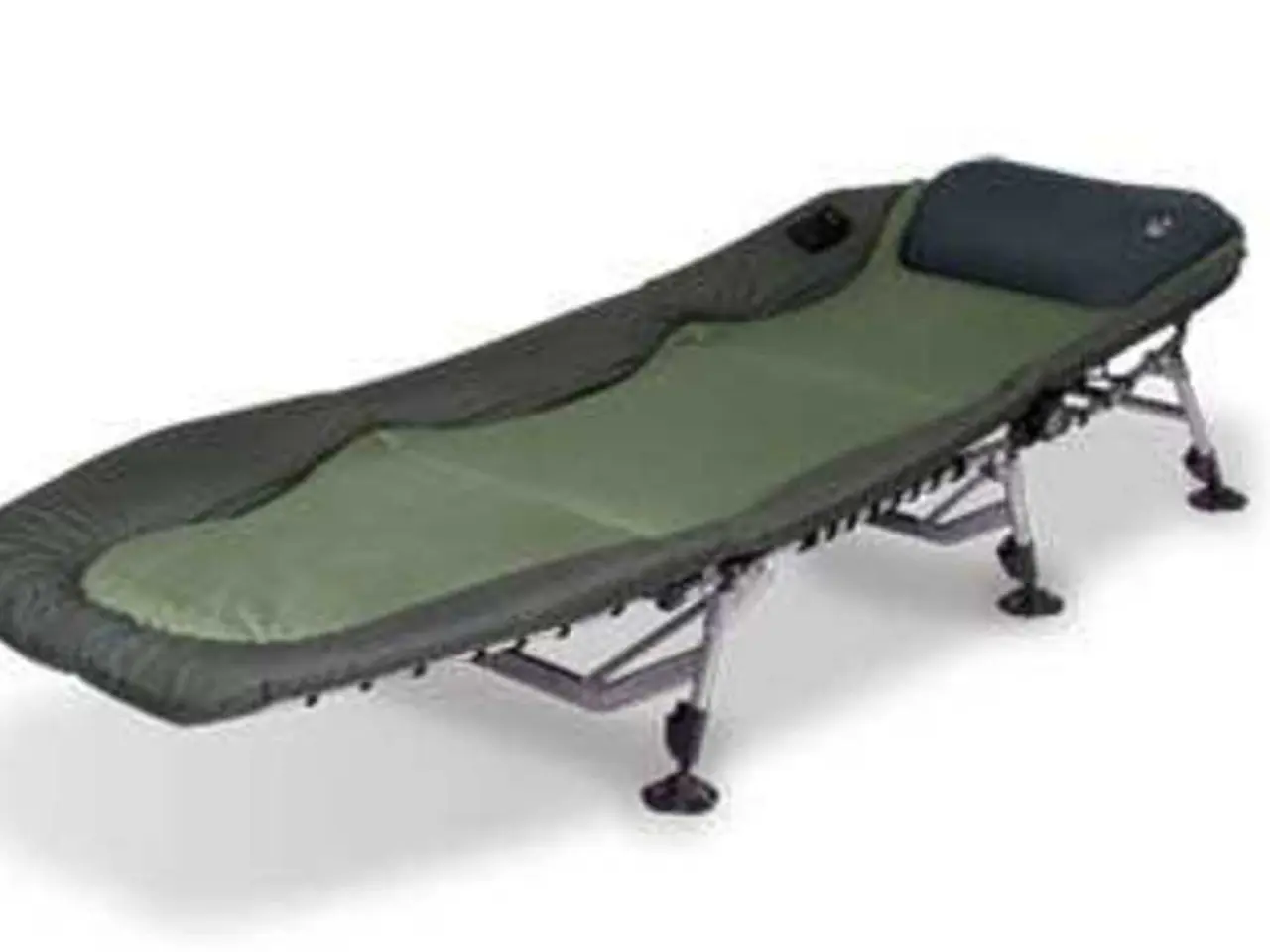Methods for Alleviating Muscular Discomfort: What Truly Provides Relief?
Natural Remedies for Muscle Pain: A Comprehensive Guide
Muscle pain is a common issue that affects people of all ages and lifestyles. Fortunately, a variety of science-backed and time-tested natural remedies can help alleviate muscle pain and promote recovery. Here's a breakdown of some effective methods:
Hot and Cold Therapy
Hot and cold therapy is a popular approach for muscle pain relief. Cold therapy, using ice packs or ice baths, helps reduce inflammation and numb pain immediately after an injury or intense exercise. Ice baths can also improve mood but should be used with caution to avoid overuse [1][4]. On the other hand, heat therapy, through hot packs or warm baths, relaxes and soothes stiff muscles, alleviates muscle tightness, and increases blood flow to promote healing, typically recommended after the initial inflammation has subsided [1][4].
Epsom Salt Baths
Baths with Epsom salt, containing magnesium sulfate, may relieve muscle soreness and inflammation. The magnesium absorbed through the skin could potentially contribute to muscle relaxation [1].
Essential Oils
Certain essential oils, such as arnica, lavender, eucalyptus, and ginger oil, possess anti-inflammatory and analgesic properties. For instance, eucalyptus oil has been shown to reduce post-surgical knee pain, while ginger oil, when used in massages, has demonstrated effectiveness in reducing lower back pain and improving mobility [1].
Massage Therapy
Massage, especially with analgesic essential oils like ginger, improves pain and movement by increasing circulation and reducing muscle tension [1].
Stretching
Gentle stretching exercises help maintain flexibility, reduce muscle tightness, and support recovery from muscle strain by improving blood flow and preventing stiffness [2].
Herbal Remedies and Supplements
- Curcumin, from turmeric, is a potent anti-inflammatory and antioxidant that reduces muscle pain, damage markers, and joint stiffness, aiding faster recovery [3].
- Himalayan Shilajit is noted in Ayurveda for boosting muscle growth and stamina, supporting recovery [2].
- Omega-3 fatty acids, found in foods like sardines, help decrease muscle pain and inflammation post-exercise [5].
Topical Ointments
Essential oil-based topical applications provide localized pain relief through anti-inflammatory and warming/cooling effects. Commercial ointments often contain ingredients like menthol or eucalyptus that mimic these actions [1].
Hydration and Nutrition
Staying well-hydrated aids muscle function and recovery. Nutritionally, consuming anti-inflammatory and muscle-repairing foods such as omega-3-rich fish, tart cherry juice, and protein sources (like paneer, sprouts) supports pain reduction and healing [2][5].
In summary, a multifaceted natural approach—combining timely hot/cold therapy, Epsom salt baths, essential oils and massage, stretching, herbal supplements like curcumin, topical applications, and proper hydration and nutrition—is supported by scientific evidence and traditional practice for effective muscle pain relief.
Remember, a deficiency in magnesium can lead to cramps and spasms, so ensure you're getting enough of this essential mineral. Also, focus on dynamic stretches before workouts and static stretches afterward. Cold packs should be used in the first 24-48 hours after an injury or intense exertion to reduce inflammation and numb sharp pain. Proper hydration and nutrition fuel muscle repair and reduce the likelihood of cramps or soreness.
If muscle pain persists for more than a few days, becomes severe, or is accompanied by other symptoms, consult a healthcare provider to rule out more serious conditions. Certain essential oils, such as lavender oil, peppermint oil, and eucalyptus oil, have natural anti-inflammatory and analgesic properties and can be diluted with a carrier oil and massaged into sore muscles. Arnica, available as a topical gel or cream, may help reduce swelling and soreness after minor injuries or overuse.
- Fitness-and-exercise, nutrition, and therapies-and-treatments like hot and cold therapy, Epsom salt baths, essential oils, massage therapy, stretching, and topical ointments play significant roles in natural remedies for muscle pain relief, as supported by scientific evidence and traditional practice.
- In addition to these remedies, health-and-wellness practices such as proper hydration, consuming anti-inflammatory and muscle-repairing foods, and dynamic stretches before workouts can further aid in muscle function, recovery, and pain reduction.




